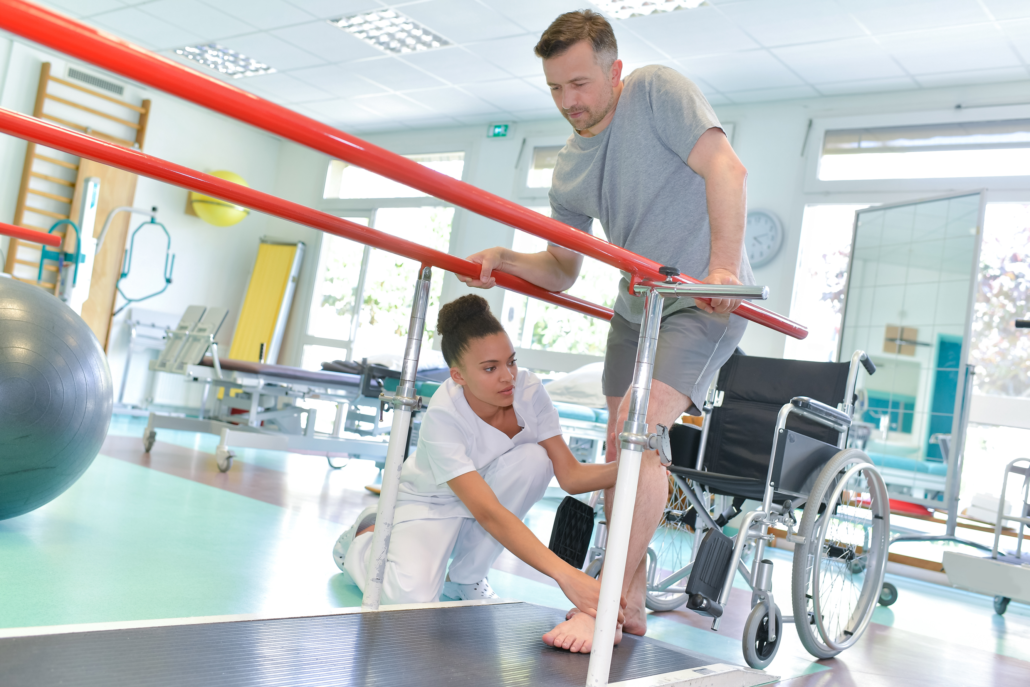Occupational Therapy
Occupational therapists assess and treat a patient’s physical and mental skills to help them develop the “skills for the job of living”.
Occupational therapists and occupational therapist assistants work with people of all ages to gain the skills that are needed for independent and satisfying lives. A certified occupational therapy assistant/licensed (COTA/L) works under the supervision of an occupational therapist registered/licensed (OTR/L).
Hanover Hospital Occupational Therapy provides services for inpatients, outpatients, home health patients, and long-term care residents.
Common diagnoses occupational therapy sees:
- Spinal cord injuries
- Stroke
- Fractures
- Repetitive use injuries, tendonitis Joint replacements
- Learning disabilities
- Burns
- Vision problems
- Head injuries
- Arthritis
- Degenerative chronic conditions
- Heart disease / surgery
- Lung disease
- Work injuries
- Pediatric Development
Our Staff
Colette Ottens, OTR/L—Colette graduated from Creighton University in Omaha, NE in 1992. She started the occupational therapy department at CMH in 1996. She enjoys the wide variety of patients she sees at CMH and has a particular interest in hand therapy.
Rachel Feldkamp, OTR/L—Rachel graduated from University of Kansas in Kansas City, KS in 2010. She started working for Crist & Pieschl Rehabilitation in September 2015. Her interests include pediatrics and autism.
Brandon Goeckel, OTR/L—Brandon graduated from the University of Kansas Medical Center in Kansas City, KS in 2016. He started with Crist & Pieschl Rehabilitation in June 2017.
Rachel Bishop, COTA/L—Rachel graduated from Central Community College in Grand Island, NE in 2019. She started working for Crist & Pieschl Rehab in May 2019. She likes all aspects of occupational therapy but really enjoys pediatrics.
Services include:
- Activities of Daily Living (AOL’s) – skills that everyone needs to complete the job of living such as bathing, dressing, homemaking, mobility, leisure, and play.
- Fine motor skills – activities such as eating, writing, and buttoning
- Hand therapy – range of motion, strength, coordination, sensation, scar management, and splinting to gain function.
- Wheelchair positioning – evaluation of the chair and individual for proper fit and comfort, use in the environment, and safety.
- Ergonomics – evaluating job or hobby and how the work is done to have good positioning to avoid injury or re-injury.
- Children’s rehabilitation – age-appropriate assessment and treatment activities are used to promote function.
- Cognitive skills – assessment and development of strategies for memory, problems, problem-solving, and sequencing.
Contact Us
Crist & Pieschl Rehabilitation P.A.
“People don’t care how much you know until they know how much you care”

